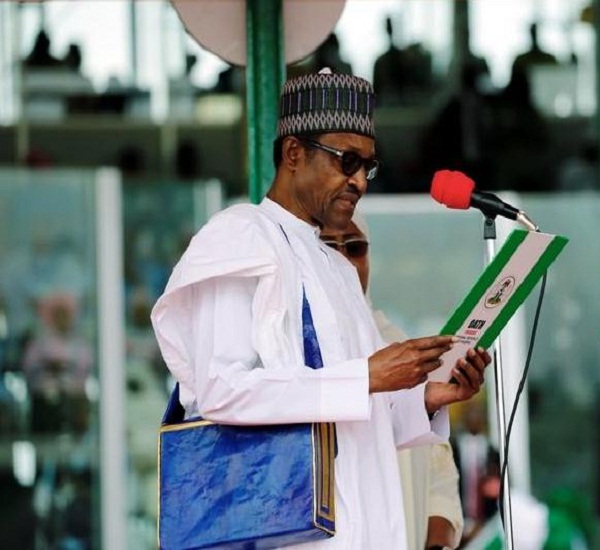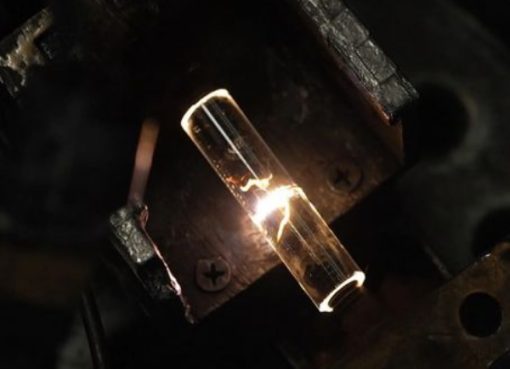Manufacturers have listed their expectation from the new government and infrastructure occupies the top of the list.
In separate interviews with our correspondent on Thursday, the manufacturers said major infrastructure like road, rail, and seaports would make the manufacturing sector function well and enable operators to create employment.
“One of the key things that we have been hammering on is infrastructure deficit,” the Group Managing Director and Chief Executive Officer, Technoglass Industries Limited, Mr John Aluya, said.
“We still generate our own electricity, we build our own roads. We cannot do this and compete with products that come from the rest of the world.
“The transport situation is a problem, coupled with the chaotic situation at the ports.
“As long as we keep being a mini-government, we will continue to face competition challenge.”
He advised the government to limit recurrent expenditure and make greater provision in the budget for capital projects.
Aluya said the operators had a minimal challenge with import duties because of the Import Adjustment Tax that made allowance for goods that could be produced locally. But he advised that when there was an adjustment in tariff from the Federal Government, it should be communicated to all the agencies of government in all the states.
“Implementation is another problem. Whatever tariff comes from the government should be communicated to all sectors and agencies of the government. When you go to the Customs, they will just tell you that they don’t know about the adjustment. They will ask you to pay first and if you don’t, your goods will lie there and accumulate demurrage.”
Also speaking, the President, Manufacturers Association of Nigeria, Mansur Ahmed, advised the government to scale up efforts to revive the economy, increase growth rate and address some of the challenges facing the manufacturing sector.
“Improvement of the business environment should be sustained. Also, the security situation is another major issue and it needs to be controlled,” he said.
The Group Managing Director of Flour Mills Plc, Mr Paul Gbededo, said the expectation was that the government would focus on the economy that would be inclusive and impact people.
“We expect the government to focus on infrastructure, road, rail and other means of transportation that will impact manufacturing and reduce the cost of doing business.
“They should also look at corporate taxes, streamline multiple agencies and put the right people in the right places.”
Earlier, MAN had released a survey that sampled the opinions of chief executive officers of manufacturing firms, seeking to know the level of confidence they had in the business environment in Nigeria.
The report titled, Manufacturing CEO Confidence Index, showed that most of the manufacturers did not agree that the government’s capital expenditure implementation encouraged productivity in the manufacturing sector.
“This claim can be justified with the available poor economic infrastructure such as inadequate power supply, bad road network, high cost of abstracting water, low patronage and many more, suggesting the need to pay urgent attention to initiatives that would improve economic infrastructure, especially those that support productivity in the real sector.”
The manufacturers also agreed that multiple/over-regulation by all tiers of government ministries, departments and agencies depressed productivity in the manufacturing sector.
“Quite often, the federal, state and local agencies regulate the same manufacturing processes resulting in man-hour losses and multiple regulatory charges. It is imperative that the sphere of regulation for MDAs of each tier of the government should be properly delineated, streamlined and where possible harmonised,” the report noted.
In his recent review of President Muhammadu’s Buhari’s four years in office, the Director-General, Lagos Chamber of Commerce and Industry, Mr Muda Yusuf, noted that the high deficit in infrastructure, the gridlock at the Lagos ports, high interest rate and unfair competition from imported products were factors that constrained the growth of the manufacturing sector during the period.
He said, “High energy cost continued to impede the competitiveness of the sector. The import-dependent nature of the Nigerian manufacturing sector also posed considerable adjustment challenges for the sector over the past four years.”
Source: Punch










